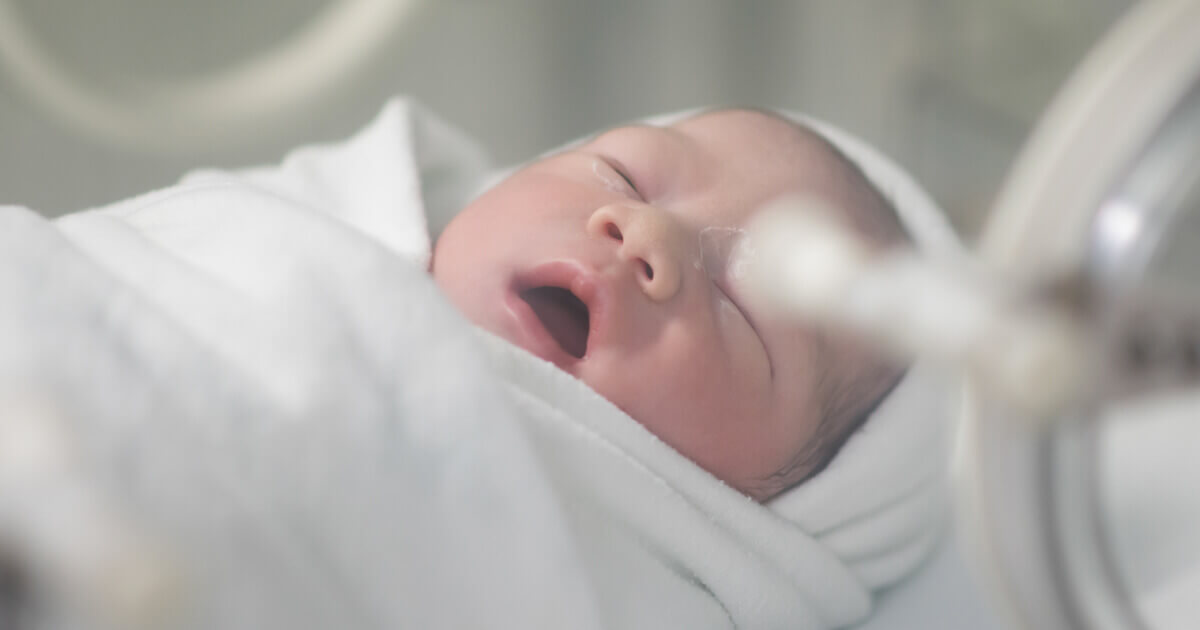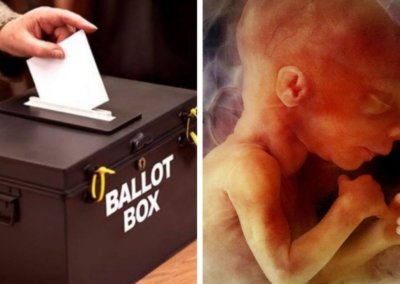A woman who was born dangerously premature has become a doctor and is now dedicating her career to help save other vulnerable babies.
Sabina Checkett was given just a fifty per cent chance of survival when she was born two and a half months early, weighing just 2lbs and 10oz, almost thirty years ago.
But Sabina beat the odds and was able to go home with her parents after three months at Norfolk and Norwich University Hospital in February 1987.
Now aged 32, Sabina works as a specialist on the neonatal intensive care unit in Evelina Children’s Hospital – having first decided she wanted to become a doctor aged just six.
Sabina told The Mirror: “My school did some fundraising for our local neonatal unit, and because the school knew I was born there prematurely, I went along to visit.
“After walking on the ward and seeing all of the newborn babies in their cots, I came home and told my mum I wanted to be a doctor.”
Sabina said that because of her own battle in early life, she has a special bond with the babies she cares for.
She added: “Though it was a long and often difficult road, I felt like I wanted to give something back to the NHS that had saved my life.
“I was just like them all those years ago and now I’m helping to look after them.”
Dr Grenville Fox, clinical director of Evelina London neonatology, said: “Advances over the last 30 years mean that the outcomes for babies born at 28 weeks is typically far better than when Sabina was born.
“However her story shows that being born prematurely doesn’t necessarily mean it will hold you back.”
The news comes after a recent study found that the majority of premature babies, who are now adults, grow up to be healthy adults without any major health problems.
The survival rate for extremely premature babies has doubled over the past decade, prompting new guidance allowing doctors to try to save babies born as early as 22 weeks into a pregnancy.
In 2008 only two out of ten babies born alive at 23 weeks went on to survive. Today it is four out of ten, according to a new analysis from the British Association of Perinatal Medicine.
The findings of both studies have prompted calls to review the current law in order to help lower abortion numbers and save the lives of babies capable of being born alive.
Right To Life UK spokesperson Catherine Robinson said:
“Stories like Sabina’s add further pressure to the need for parliament to urgently review our current abortion time limit. We support any change in law that would help lower abortion numbers and save the lives of babies in the womb.
“It’s time that our laws were brought into line with public opinion, modern science and the majority of Europe.
“We urge everyone to ask their MP candidates to sign our Both Lives Pledge and commit to lowering the gestational time limit for abortion, something that is well-supported by women.
“Independent polling from ComRes shows that 70% of women in the UK want to see the time limit for abortion reduced to 20 weeks or below.”
About 60,000 babies are born prematurely in the UK each year, of which 3,148 are considered “extremely premature” — born before 27 weeks.












